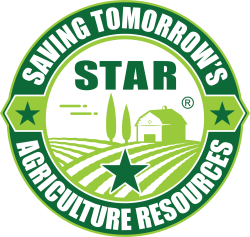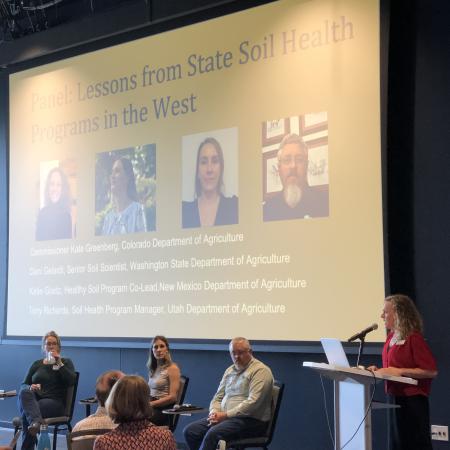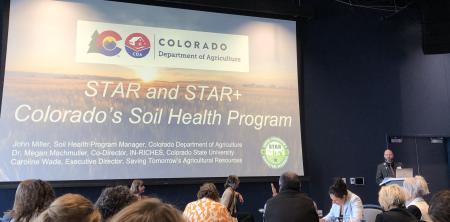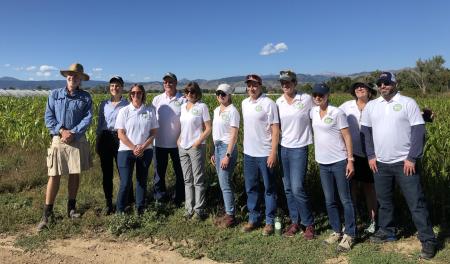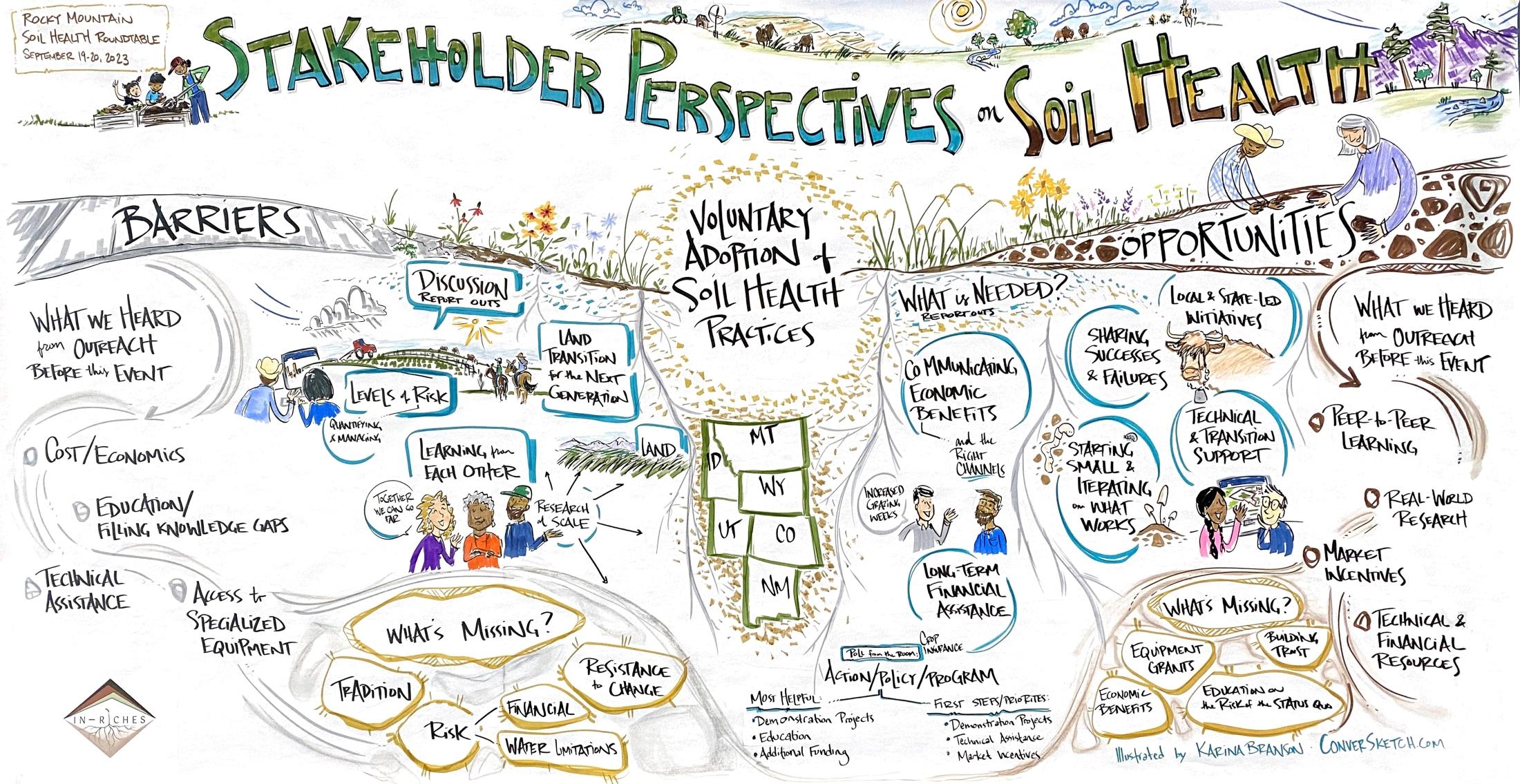Sitting in the newly built Confluence Theater in CSU Spur’s Hydro building, one might reasonably think that water is the subject most discussed in the location. And while it certainly was a key part of the conversation, Colorado’s water took a back seat to the main topic at hand during two sunny days in September 2023: soil health.
The inaugural Rocky Mountain Soil Health Roundtable did right by its name: it put an emphasis on bringing people to the same table and allowing conversations to happen. Organizers helped jumpstart discussions about different land stewardship topics such as water conservation, cover crops, and low or no-till practices, particularly focused on the Saving Tomorrow’s Agriculture Resources (STAR) program, and allowed them to flow organically.
The conference brought together attendees from Colorado and the neighboring states of Washington, Idaho, Wyoming, Montana, Utah, and New Mexico, all of whom are working together on research into soil health as part of CDA’s recent Climate Smart Commodities grant.
The $25 million investment from the U.S. Department of Agriculture funds collaboration between land grant universities in six of the states to research the benefits of implementing soil health practices in the arid landscapes of the Intermountain West. Promoting water-resilient agriculture is a key priority for CDA and this conference helped connect current and future partners in soil health across the West.
The conference organizers set the stage with a panel discussion on how federal land agencies, state government, and institutions of higher learning work together to provide the knowledge and workforce needed to address soil health challenges. Moderated by Colorado Commissioner of Agriculture Kate Greenberg, the panel brought together experts on state-level soil health programs from Utah, New Mexico, and Washington.
Throughout the conference, sharing knowledge and best practices was intentional and encouraged. This grassroots approach to conversation continued in state breakout sessions, giving everyone the chance to talk through state-specific challenges, opportunities, and areas for collaboration.
The conference also served as the premiere stage for two short films about range management and featuring the healthy soil practices of Colorado farmers and ranchers. These two short documentaries are part of the “Hold Our Ground” series, which showcases the diversity of Colorado’s producers and how they effectively incorporate soil health best practices in their operations.
The conference’s keynote speaker, Jay Fuhrer, a producer from North Dakota, understands what it's like to try methods that bucked convention. In his remarks, Fuhrer walked the group through his own evolution as a farmer and soil health advocate in North Dakota, tying the conservation themes of the day into a personal account of their impact on his own operation.
His story was the perfect segue to the second day of the roundtable, which allowed participants to experience firsthand what was discussed on the first.
Accompanied by staff from the Boulder Valley Longmont Conservation District, the second day included tour stops at farms and fields in Boulder and Weld Counties. They stopped at Kilt Farms and Sekich Farm, both STAR+ producers, who introduced the group to their productive, healthy land and offered a realistic glimpse into implementation of the STAR+ program within their operations. They also talked about the difficulties of often being alone among their neighbors in attempting innovative soil health practices.
Another stop included an erosion demonstration by Daniel Palic, a CSU Extension agent from the Julesburg area. Watching the presentation, the importance of soil health to the future of sustainable agriculture in the West was undeniable. Every drop of moisture matters in these increasingly arid times.
Precipitation runoff on traditionally tilled, compacted soils benefits no one and creates other issues that farmers don’t have the time or resources to address. Dry, bare soil can’t withstand the buffeting of high winds, which cause creeping soil particles to not only negatively impact the original farmer, but also their neighbors in the next field. Climate change has brought with it erosion, nutrient loss, and drought but healthy soils can be a winning strategy towards a more resilient agricultural future.
Throughout the conference and field day, all eyes, ears, and conversations pointed towards understanding how soil health is our greatest ally in keeping agriculture in the West a strong, viable, thriving industry.
If you want to be invited to the next soil health event, please email CDA_soilhealth@state.co.us.
Sketch by Karina Branson - ConverSketch
